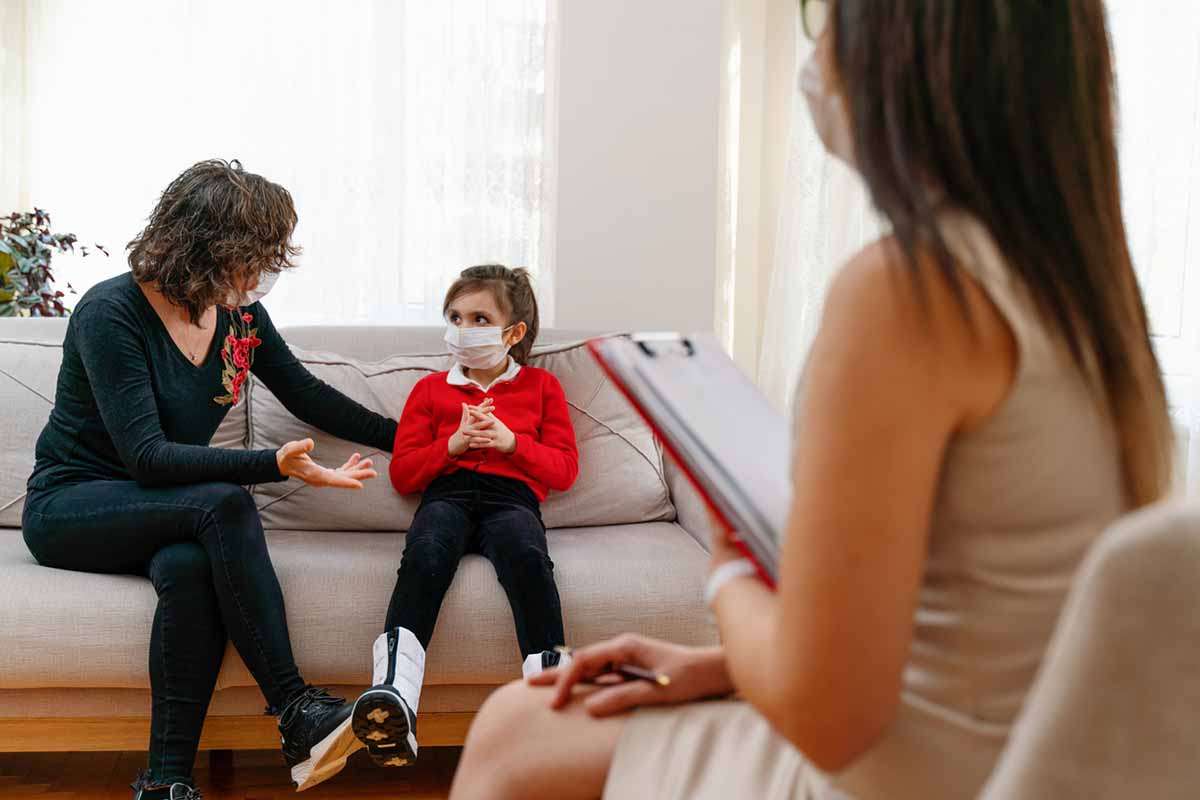Q
I have 14-year-old twin girls who visit my ex-husband regularly. I recently learned that he suffers from bipolar disorder and that he's physically abused his second wife. Also, he has a history of driving recklessly, even when the children are in his care. I'm not allowing unsupervised visitation because of these things.
I don't want to talk badly about their father, but I'm extremely worried about my daughters' well-being. How do I explain this to them?
A
Pursue this path only if you're sure that your motives for stopping unsupervised visits are based solely on fears for your daughters' safety. If you haven't witnessed your ex-husband's physical violence or received medical confirmation that he's been diagnosed with bipolar disorder, don't use these points to prove he's a safety risk. If he's shown himself to be an unsafe driver when caring for your kids, then he shouldn't be allowed to drive with them until he's demonstrated that this dangerous behavior is completely under control.
Your daughters aren't little kids. Find out if they want to continue visiting with their dad or if they're scared to do so. Consider whether or not his abuse of his current wife would influence his behavior with your children and whether or not your girls have ever witnessed this abuse. Also, if he receives treatment for any mental disorder he may have, should he be denied unsupervised visits? I'd like you to inform your decisions by considering these issues, not the least of which are your daughters' opinions and desires.
